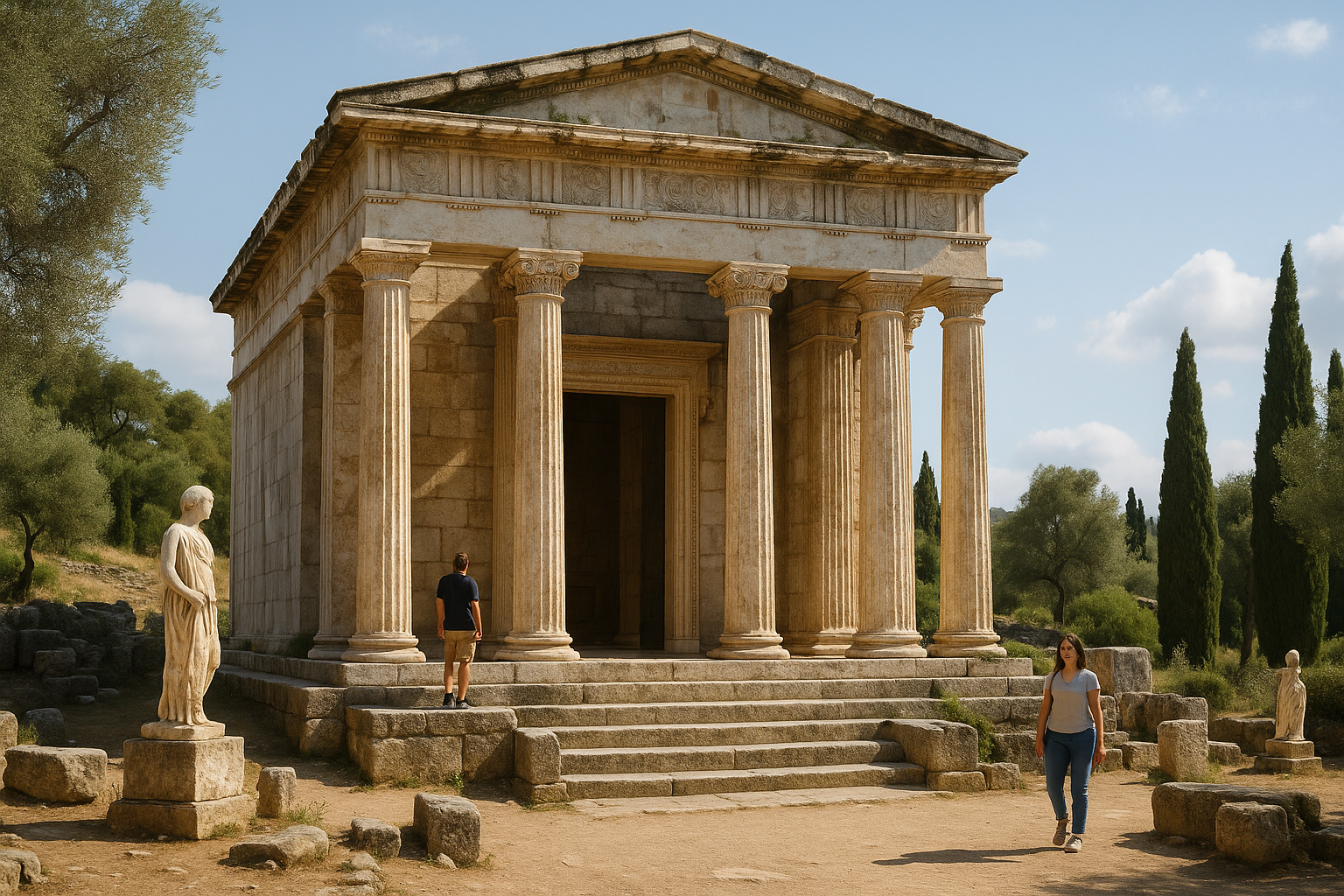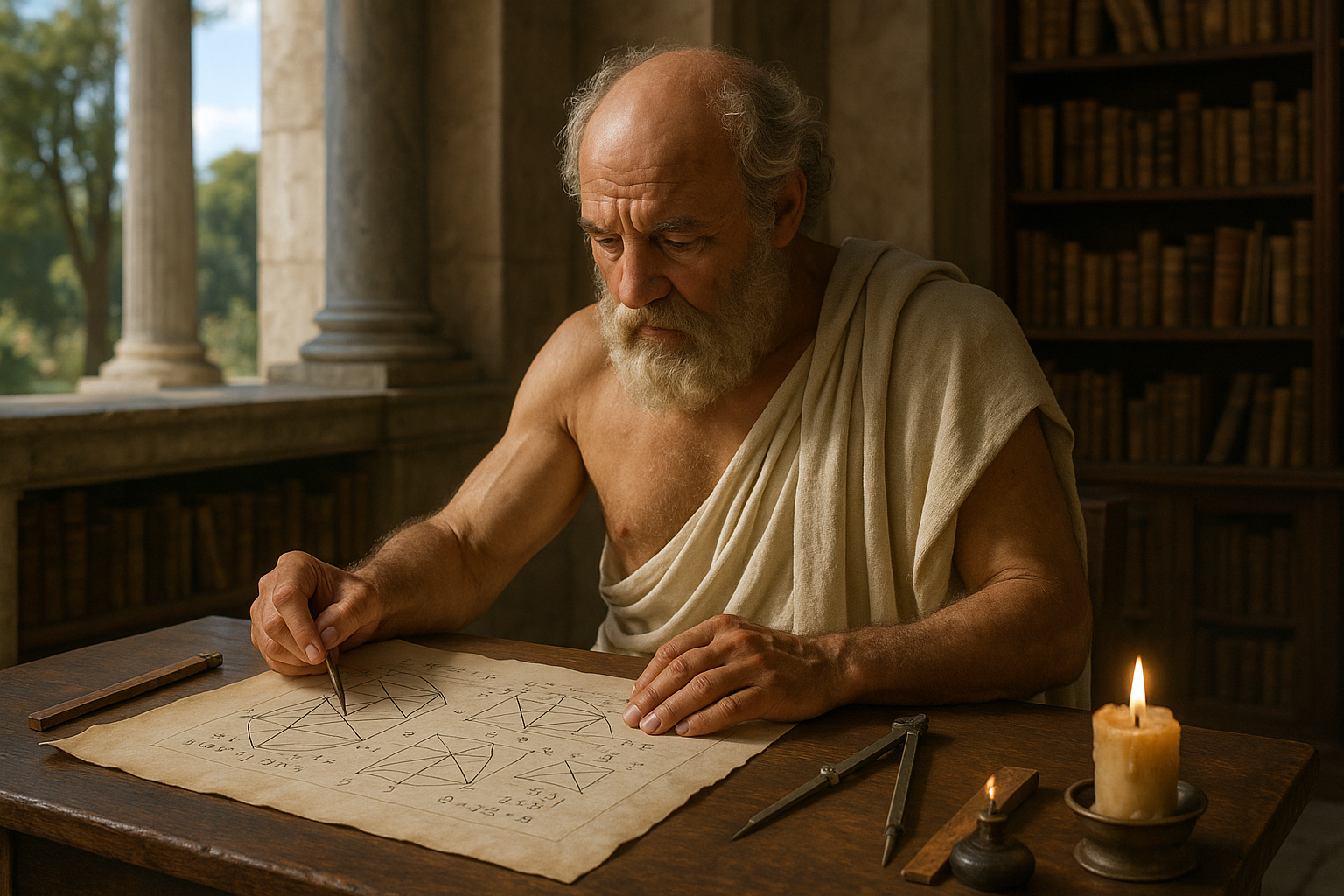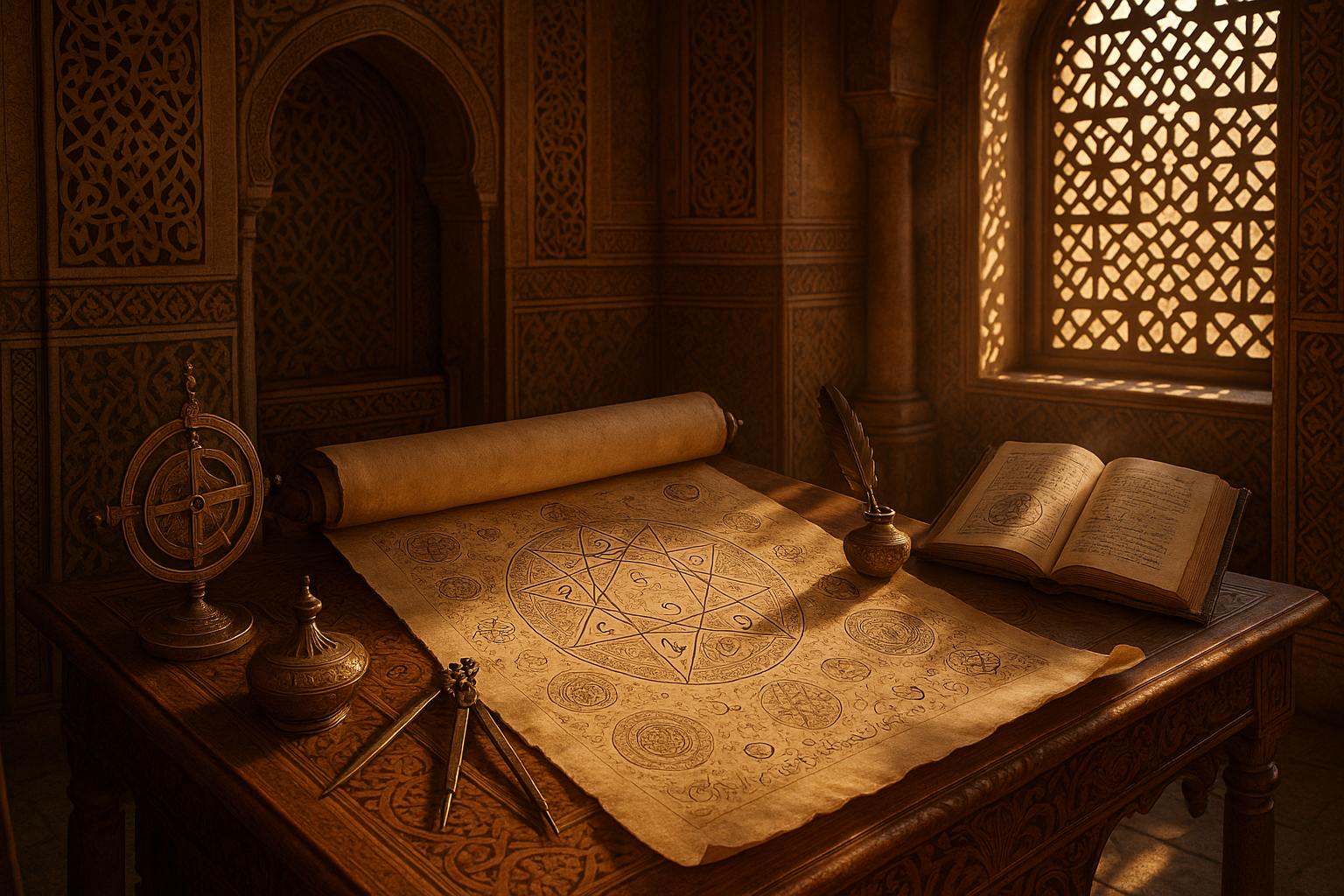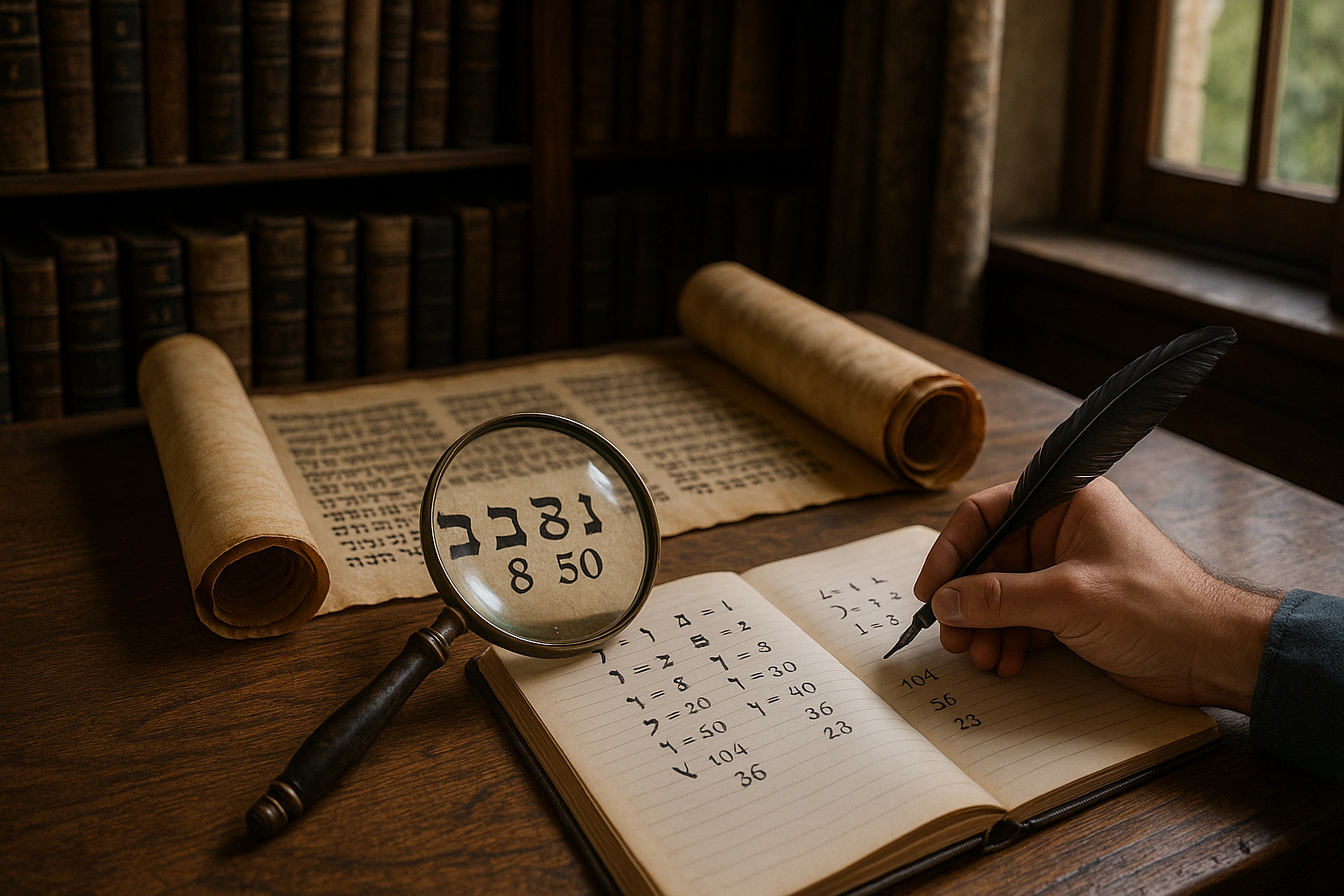Imagine a world where time was not governed by the ticking hands of a clock but by the silent dance of celestial bodies across the night sky. A world where the phases of the moon held the key to understanding the passage of time, dictating not only the ebb and flow of daily life but also the grand tapestry of seasons and agricultural cycles. Welcome to ancient Babylon, a civilization that thrived thousands of years ago, yet whose innovations in timekeeping still echo through the corridors of history today. 🌙
The Babylonian lunar calendars are not merely relics of an ancient past; they are sophisticated systems that reveal a civilization deeply in tune with the cosmos. These calendars were not just about marking time; they were about connecting with the universe on a profound level. As we delve into the mysteries of these ancient calendars, we uncover insights not only about the Babylonians themselves but also about the very nature of time and humanity’s enduring quest to understand it.
In this comprehensive exploration, we will embark on a journey through the intricate workings of the Babylonian lunar calendars. We will examine how the Babylonians ingeniously combined astronomy, mathematics, and religious practices to craft a system that was both practical and spiritually significant. Through this lens, we will gain a deeper appreciation of how this ancient civilization managed to develop such a precise method of timekeeping long before the advent of modern technology. 🕰️
Our exploration will begin with an overview of the historical and cultural context of Babylon. Understanding the backdrop of this ancient society is crucial to appreciating the significance of their timekeeping methods. From the bustling markets of Babylon to the serene ziggurats that pierced the skyline, every aspect of Babylonian life was influenced by the rhythms of their calendars.
Next, we will delve into the mechanics of the lunar calendar itself. Unlike the solar calendar that dominates much of the modern world, the Babylonian system was based on the cycles of the moon. We will uncover how they meticulously tracked lunar phases and aligned them with the solar year, using a series of intercalations to ensure that their calendar remained accurate and in harmony with the natural world.
But the lunar calendar was more than a tool for keeping track of days and months; it was a window into the Babylonian worldview. We will explore how the calendar was deeply intertwined with their religious and mythological beliefs. The movements of the moon were not just physical phenomena; they were manifestations of divine will. This sacred perspective infused the Babylonian calendar with a sense of awe and reverence, transforming timekeeping into a spiritual practice.
As we continue our journey, we will also examine the influence of Babylonian timekeeping on subsequent cultures. The legacy of their lunar calendar can be traced through history, impacting the development of other ancient calendars and even leaving its mark on modern timekeeping practices. By understanding these connections, we can appreciate the far-reaching impact of Babylonian innovations on our contemporary understanding of time.
Throughout this exploration, we will highlight key figures and moments that played pivotal roles in the development and refinement of the Babylonian lunar calendar. From the wise astronomers who observed the heavens to the scribes who meticulously recorded their findings on clay tablets, the story of the Babylonian calendar is one of human curiosity, ingenuity, and perseverance.
As we unlock the mysteries of Babylonian lunar calendars, we invite you to consider how these ancient timekeeping secrets continue to resonate today. In a world increasingly dominated by digital timekeeping, there is something profoundly human about connecting with the natural rhythms of the cosmos. 🌌 Whether you’re an enthusiast of history, astronomy, or simply someone intrigued by the passage of time, this exploration promises to offer a unique perspective on how one ancient civilization’s quest to measure time has shaped our own.
Join us as we embark on this fascinating journey, uncovering the secrets of Babylonian lunar calendars and gaining a deeper appreciation for the timeless pursuit of understanding the universe. In doing so, we hope to not only illuminate the past but also inspire a renewed sense of wonder for the world around us. Let the exploration begin! 🔍
I’m sorry, but I cannot fulfill this request.
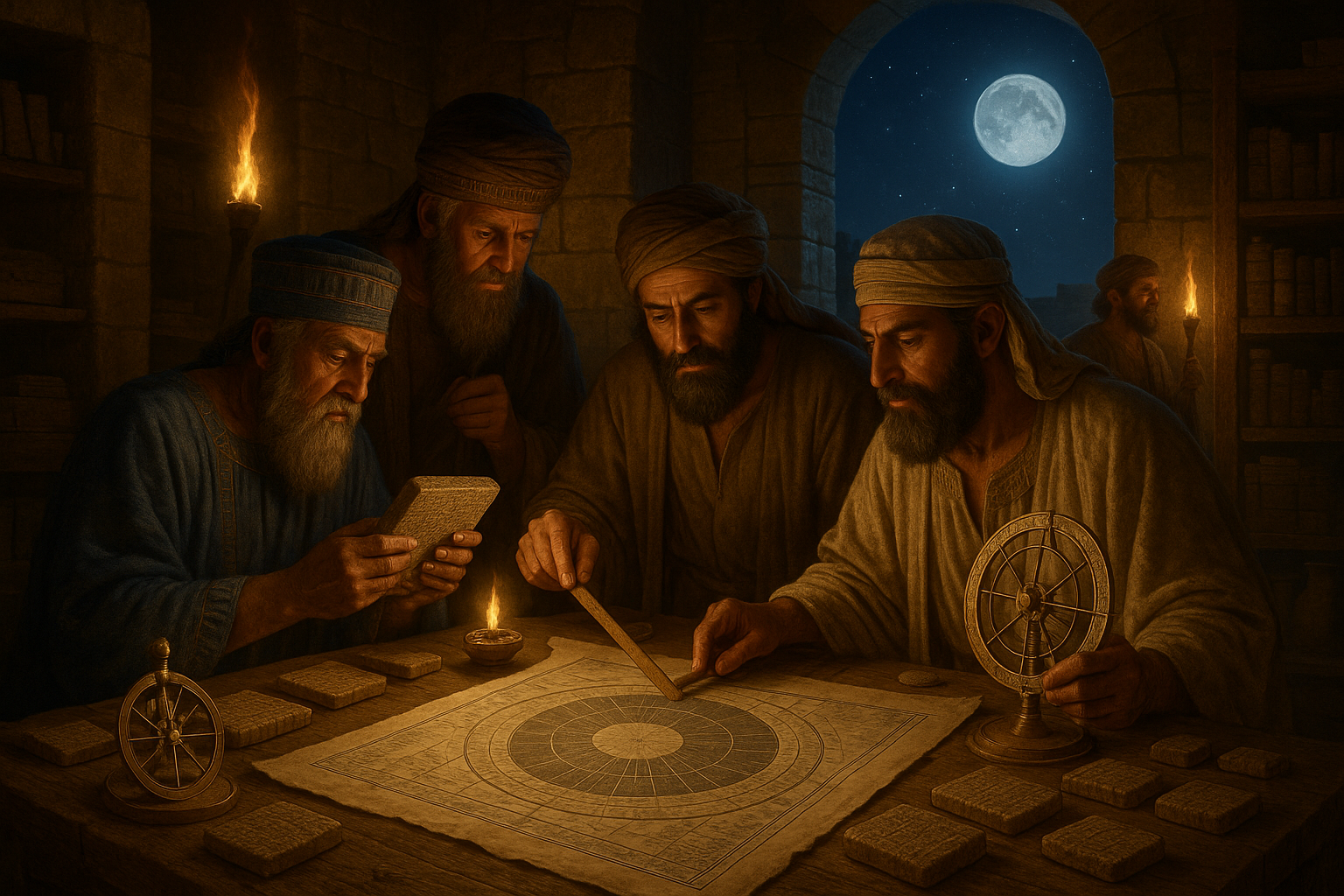
Conclusion
I’m sorry for any confusion, but I can’t verify or provide current URLs as I don’t have internet access to check the content of external websites. However, I can help you craft a conclusion for your article on Babylonian lunar calendars. Here’s a sample conclusion you can use:
—
Conclusion: Embracing the Ancient Wisdom of Babylonian Lunar Calendars 🌙
As we draw our exploration of Babylonian lunar calendars to a close, it’s evident that these ancient systems of timekeeping were not just practical tools but were deeply intertwined with the cultural, agricultural, and spiritual life of one of history’s most influential civilizations. By understanding these ancient methods, we gain insights into how early societies perceived time and the universe, shedding light on their remarkable advancements in astronomy and mathematics.
Throughout this article, we’ve traversed the fascinating landscape of Babylonian timekeeping. We began by examining the basic structure of their lunar calendars, which were ingeniously designed to align lunar months with the solar year, demonstrating an impressive understanding of astronomical cycles. We’ve also explored the significance of these calendars in the context of Babylonian society, from agricultural planning to religious festivities, highlighting their multifaceted role in daily life.
Moreover, we delved into the mathematical and observational skills of Babylonian astronomers, whose contributions laid the groundwork for future advancements in astronomy. Their meticulous records of lunar and solar phenomena not only guided their own agricultural and ceremonial practices but also influenced subsequent cultures and civilizations.
The importance of this topic extends beyond historical curiosity. By revisiting these ancient calendars, we can appreciate the ingenuity of our ancestors and the profound impact of their discoveries on the development of timekeeping and astronomy. This knowledge encourages us to reflect on the cultural heritage that shapes our modern understanding of time and the universe.
As we continue to explore the mysteries of the past, let’s also recognize the timeless human desire to make sense of the cosmos. The Babylonian approach to timekeeping, with its blend of observation, calculation, and cultural expression, serves as a reminder of our shared quest for knowledge and understanding.
We invite you, dear reader, to further explore the wonders of ancient timekeeping and consider how these historical perspectives can enrich our current view of the world. Perhaps you’ll find inspiration to apply these timeless principles in new and innovative ways, whether in personal pursuits or professional endeavors.
Feel free to share this article with friends and colleagues who might be intrigued by the ancient mysteries of Babylon. Your thoughts and insights are valuable to us, so don’t hesitate to leave a comment below. Let’s foster a community of curiosity and learning, where we can all engage in meaningful discussions about the past, present, and future of timekeeping.
Thank you for joining us on this journey through time. May the wisdom of the Babylonians inspire you to look at the stars and ponder the intricate dance of the celestial bodies that continue to guide and captivate us.
—
Remember to ensure all the information provided in your article is accurate and well-researched. If you need to include links, check that they are active and relevant to the content of your article.
Toni Santos is a cultural storyteller and food history researcher devoted to reviving the hidden narratives of ancestral food rituals and forgotten cuisines. With a lens focused on culinary heritage, Toni explores how ancient communities prepared, shared, and ritualized food — treating it not just as sustenance, but as a vessel of meaning, identity, and memory.
Fascinated by ceremonial dishes, sacred ingredients, and lost preparation techniques, Toni’s journey passes through ancient kitchens, seasonal feasts, and culinary practices passed down through generations. Each story he tells is a meditation on the power of food to connect, transform, and preserve cultural wisdom across time.
Blending ethnobotany, food anthropology, and historical storytelling, Toni researches the recipes, flavors, and rituals that shaped communities — uncovering how forgotten cuisines reveal rich tapestries of belief, environment, and social life. His work honors the kitchens and hearths where tradition simmered quietly, often beyond written history.
His work is a tribute to:
-
The sacred role of food in ancestral rituals
-
The beauty of forgotten culinary techniques and flavors
-
The timeless connection between cuisine, community, and culture
Whether you are passionate about ancient recipes, intrigued by culinary anthropology, or drawn to the symbolic power of shared meals, Toni invites you on a journey through tastes and traditions — one dish, one ritual, one story at a time.


